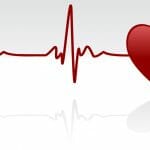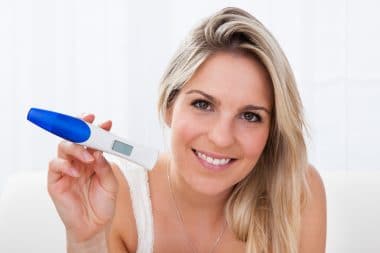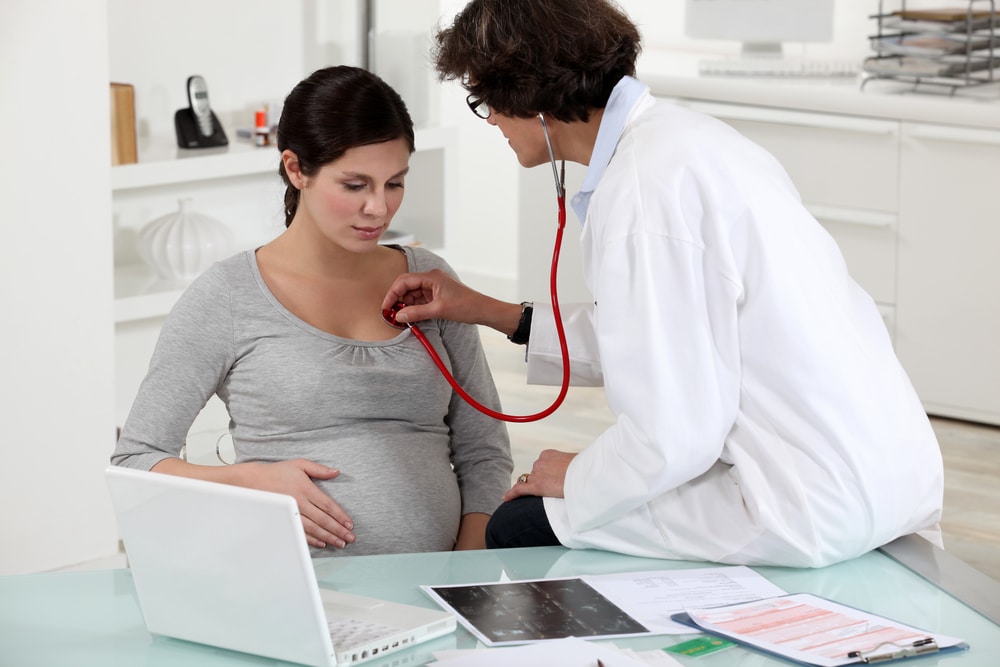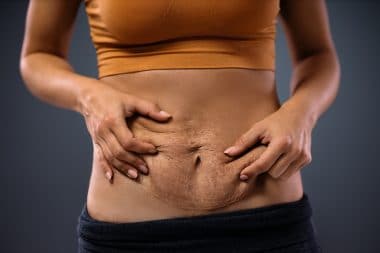Accepting that our children are sexual beings is as difficult as accepting that our parents are having sex. But they do. Even the church is by now given up believing that talks about abstinence actually work. Teenagers mostly do what teenagers want, including having sex. Schools are doing a pretty good job of explaining the consequences of unprotected sex, including unwanted pregnancy. Nevertheless, in 2010 we still had 367,752 babies whose mothers were younger than 19. But, when NY City decided to offer morning-after anti-pregnancy pills to school girls, all hell broke loose. Are we big hypocrites, or is it really wrong to offer these pills to fix mistakes that can have life-long consequences?
Plan B
According to the Planned Parenthood, Plan B emergency contraception is safe and effective. It has been in use for more than 30 years and as long as it is used as prescribed, it will prevent pregnancy caused by unprotected sex. They are 90 percent sure to prevent pregnancy, if they are taken within 72 hours from having unprotected sex.
Plan B is not a replacement for condoms, pills or anti-pregnancy devices. They are, as the name says, a plan B, a solution for a difficult situation. If teenagers made a mistake and had sex without protection, they face many potentially serious consequences, from STDs to AIDS to pregnancy. They are aware of that and schools make sure that they know what is available to keep them safe. Both condoms and pills are available in many schools. Morning after pills are just one more tool in the tool chest of our schools and parents to keep our children from ending their childhood too early.
Sex and teenagers
In the period 2006-2010, about half of the girls younger than 19 had sex. In New York City, about 17,000 girls younger than 17 get pregnant every year. Two thirds of them have abortion. Whether unwanted pregnancy ended in live birth or abortion, the lives of these girls are altered irrevocably.
The morning-after pills are distributed to the NY girls by nurses or physicians, with the agreement of the parents. It is interesting to note that less than two percents of parents refused to allow their girls to get the pills.
Our culture makes it difficult for teenagers to abstain from sex. It is everywhere, because it sells. The fashionable clothes are revealing and explicit even for tiny kids. Media celebrates sex. To abstain is considered “uncool.” For responsible parents and school authorities, that means dealing with the consequences or trying to prevent them. While not the first line of defense, morning after pill has its place, as long as the sexual education comes first. As parents, we can hope for abstinence and try to instill it in our teenagers. But, it is always better to be prepared for mistakes, especially if they have the power to affect the entire life of our child.








Reply